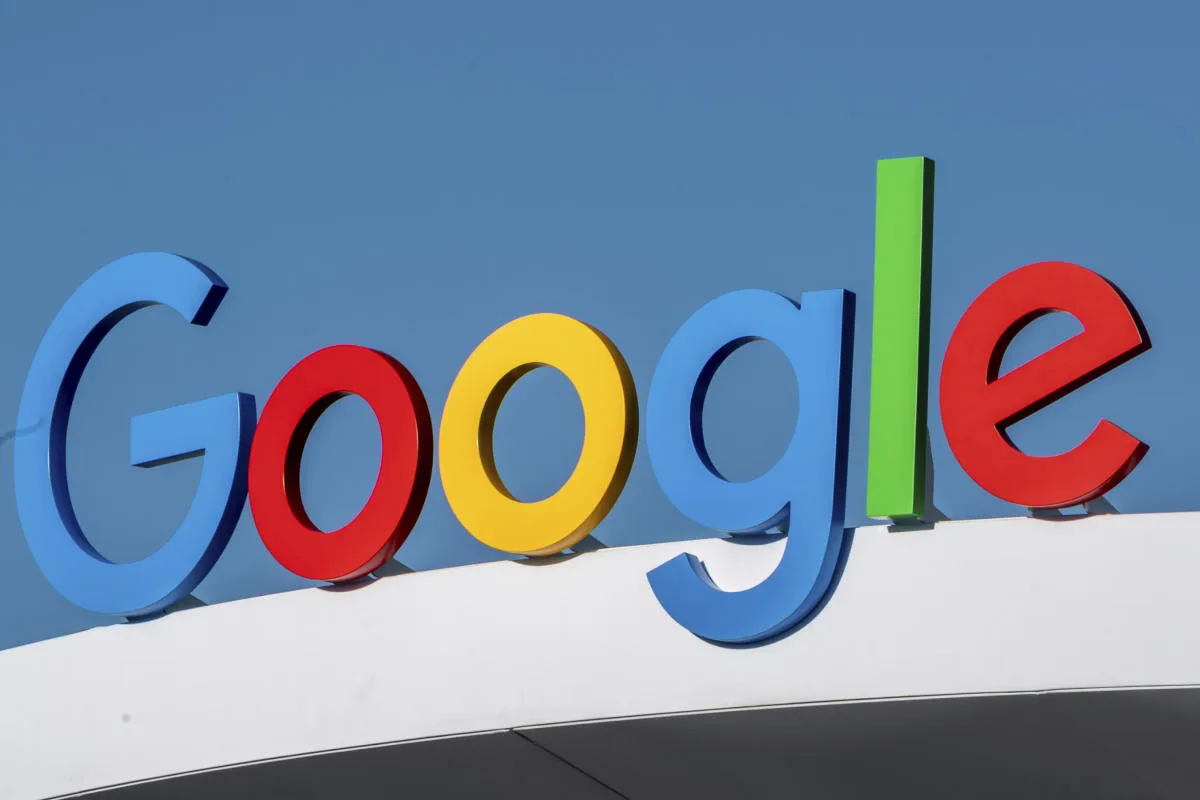One of Google SearchGoogle's oldest and best-known feature, cache links, is being phased out, Google's search chief said in a statement. Message seen by The edge. Better known as the “Cache” button, this is a snapshot of a web page the last time Google indexed it. However, according to Google, they are no longer necessary.
“It was meant to help people get to pages when a long time ago you often couldn't count on a page loading,” Google's Danny Sullivan wrote in the post. “These days things have greatly improved, so it was decided to remove it.
Hey, I'm catching up. Yes, it was deleted. I know, it's sad. I'm sad too. This is one of our oldest features. But it was meant to help people get to pages when a long time ago you often couldn't count on a page loading. These days, things have greatly improved. It was therefore decided to…
– Google SearchLiaison (@searchliaison) February 1, 2024
These days, however, this feature is used for much more than just web page saving. Many people use this to check the validity of a site, and SEO managers can use this feature to check their pages for errors. Many users, especially information professionals, use the cache to see if a website has been recently updated, with information added or removed. And sometimes a cache can allow you to view a geoblocked site in your area.
Previously, clicking the three-dot menu next to a result opened an “about this result” dialog box with the Cached button at the bottom right. Now, however, it opens a much larger menu showing a website's “about” page, a Wikipedia description, privacy settings and much more. The cached button is now not found.
None of the comments in Sullivan's responses were positive, with one SEO user saying “come on, why remove the feature?” It’s really useful for all SEO.” Sullivan said Google might one day add links to the Internet Archive where the cache link button used to be, in About this result.
However, this appears to be far from a done deal and would shift a massive amount of traffic to the Internet Archive. “No promises. We need to talk to them, see how this could all play out – it involves people way beyond me. But I think it would be good for everyone,” he wrote.

